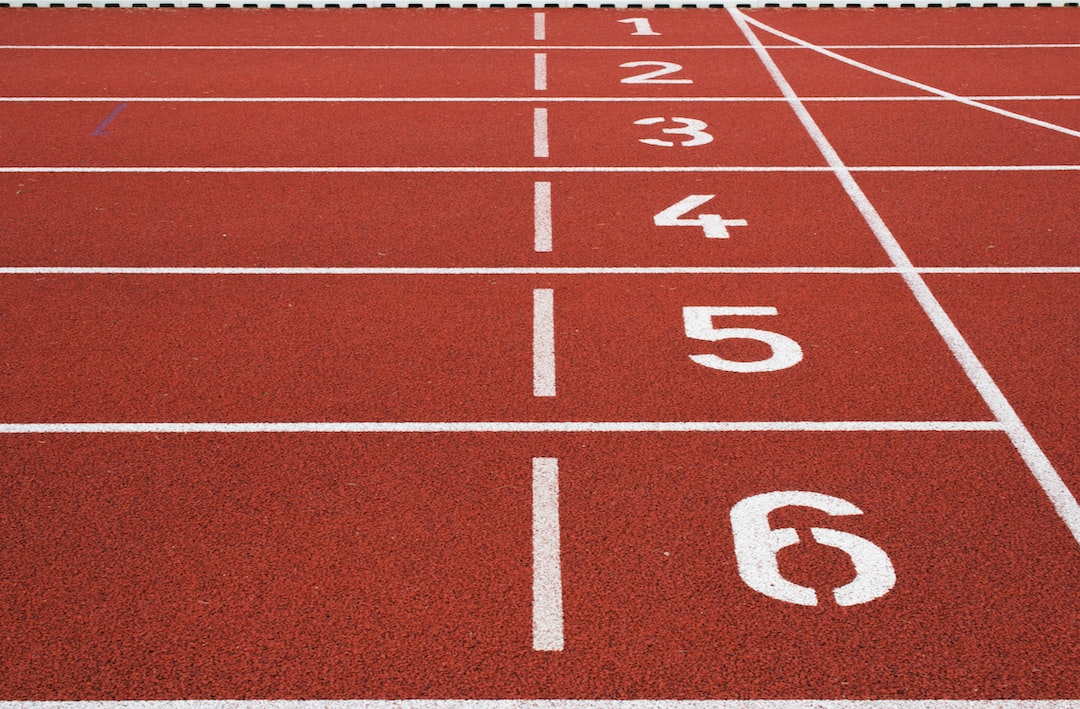The Psychological Factors that Contribute to Athletic Success
Athletic success is often attributed to physical abilities, training, and talent. While these factors undoubtedly play a significant role, the impact of psychological factors on an athlete’s performance should not be overlooked. In fact, many athletes who possess similar physical attributes often differ greatly in their achievements due to their mindset and psychological preparation. In this blog post, we will explore some of the psychological factors that contribute to athletic success.
One crucial psychological factor that affects athletic success is self-confidence. Believing in one’s abilities and having faith in their capacity to excel is vital for athletes to perform at their best. Self-confidence helps individuals approach competitions with a positive mindset and enables them to handle setbacks or failures effectively. Athletes who lack confidence often doubt their skills and are more prone to anxiety and self-doubt, which can hinder their performance. Developing self-confidence can be achieved through various means, such as setting achievable goals, positive self-talk, visualization techniques, and seeking support from coaches or sports psychologists.
Another important psychological factor is mental toughness. Athletes with high levels of mental toughness are resilient, determined, and able to cope with the pressures and challenges of competitive sports. They possess a strong mindset that allows them to push beyond their limits, overcome obstacles, and maintain focus even in the face of adversity. Mental toughness can be developed through training that involves exposing athletes to challenging situations, teaching them effective coping strategies, and boosting their psychological resilience. Moreover, setting and achieving small achievable goals can help athletes build mental toughness gradually.
In addition to self-confidence and mental toughness, focus and concentration play pivotal roles in athletic success. Athletes must have the ability to concentrate fully on their performance while disregarding distractions. Maintaining focus allows athletes to process information efficiently, make quick decisions, and execute their skills accurately. Concentration skills can be honed through techniques such as mindfulness meditation, visualizing the desired performance, and practicing deep breathing exercises to calm the mind. Developing regular routines and rituals before competitions can also aid in achieving optimal focus.
Furthermore, motivation is an essential psychological factor that drives athletes to pursue excellence and overcome challenges. The level of motivation often varies among athletes, and understanding the individuals’ motivation can help coaches and athletes tailor training programs and strategies to enhance performance. Intrinsic motivation, which comes from within the athlete, is often associated with long-term success. Athletes driven by intrinsic motivation, such as passion for the sport, personal growth, or a desire to achieve mastery, are more likely to persevere, maintain high levels of engagement, and be self-motivated. Coaches and parents can inspire intrinsic motivation by creating a supportive and enjoyable training environment, setting realistic goals, and providing constructive feedback.
The ability to manage stress and anxiety is another psychological factor that contributes to athletic success. Competition can trigger significant stress and anxiety for athletes, affecting their performance negatively. Athletes who develop effective stress management skills can control their emotions, regulate anxiety levels, and perform optimally under pressure. Techniques such as deep breathing, positive self-talk, and visualization of success can help athletes relax and reduce anxiety. Moreover, fostering a positive team environment and emphasizing the importance of enjoying the process rather than solely focusing on the outcome can alleviate performance-related stress and contribute to athletic success.
Lastly, goal setting and maintaining focus on those goals is a critical psychological factor. Athletes who set specific, challenging but achievable goals are more likely to have a clear direction and motivation to strive for success. Goals provide athletes with a sense of purpose and structure, enabling them to prioritize and plan their training effectively. It is important to note that goals should be flexible and adaptable to the athlete’s progress to prevent them from becoming overwhelming or demotivating. Regularly reviewing and adjusting goals can ensure that they remain relevant and contribute to sustained athletic success.
In conclusion, while physical abilities and training are crucial for athletic success, psychological factors can greatly influence an athlete’s performance. Self-confidence, mental toughness, focus, concentration, motivation, stress management, and goal setting are all essential components of the psychological preparation needed for success in sports. Recognizing and developing these psychological factors can contribute not only to improved athletic performance but also to personal growth and overall well-being for athletes. Coaches, sports psychologists, and athletes themselves should strive to prioritize and nurture these psychological factors as part of their training regimen.
